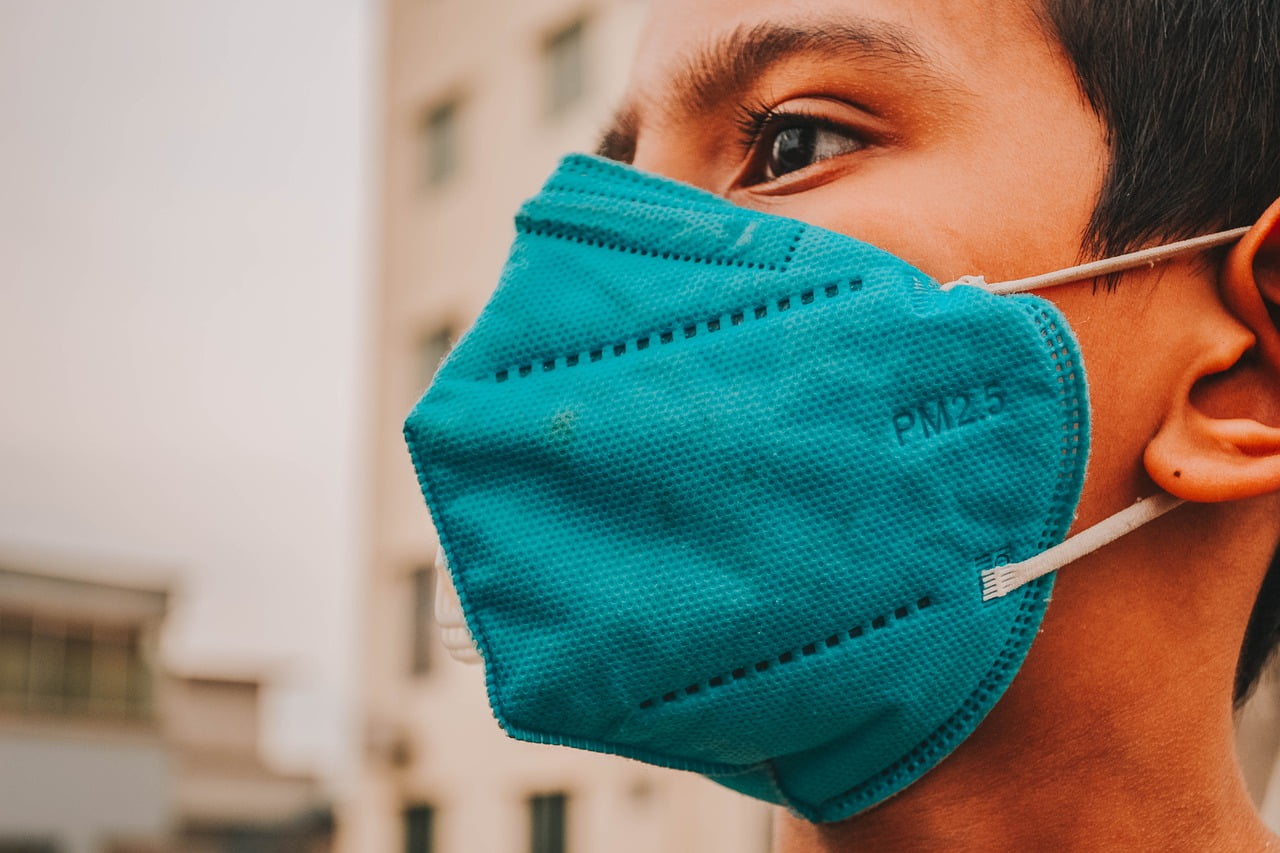Lawmakers still remain deadlocked over another stimulus package, as well as sending $1,200 in stimulus checks. There are many who believe that the U.S. economy does not need another relief package. However, many analysts still believe that a failure to pass another coronavirus relief package could push the economy back into recession.
Q2 2020 hedge fund letters, conferences and more
The latest call for another relief package comes from Mark Zandi, chief economist of Moody’s Analytics, according to USA Today. Zandi says if Congress doesn’t come up with another relief package, then they are taking a "huge risk," adding, “the odds are better than even the economy backslides.”
The economy contracted by a record 31.7% annual rate in the second quarter. Though many economists expect the economy to rebound in the July-September period, the growth would still be well below the pre-pandemic level.
Zandi estimates that a coronavirus relief package of $1.5 trillion could help the economy grow by 3.5% till September 2021, as well as generate 2 million jobs. This would reduce the unemployment level from 8.4% to 8.2%, and all the jobs lost during the crisis would be recovered until 2023.
In case there is no coronavirus relief package, Zandi expects the economy to grow by just 1.1% till next September. Also, there wouldn’t be any net addition to jobs and unemployment would rise to 10.2%. In case of no package, the jobs lost at the time of the crisis wouldn’t be recovered until 2025.
Zandi says more worrisome would be the U.S. likely slipping back into a recession if there is no new coronavirus relief package. Such a phenomenon of slipping into a recession after a few months of recovery is called a double-dip recession.
Economic recovery still a big challenge
On the other hand, there are economists who believe there is no need of another package, since a package would come at the cost of higher debt. Chris Edwards, an economist with the libertarian Cato Institute, believes that the economy will strengthen and continue to get better, according to USA Today.
“Further deficit-financed stimulus comes at the expense of higher debt and thus higher taxes and a lower standard of living down the road,” Edwards said.
The U.S. economy dived into recession in March this year after the states enforced the lockdown. All nonessential businesses, including restaurants, were shut down to prevent the spread of COVID-19. Over the past couple of months, states are gradually reopening businesses. However, some states are witnessing a spike in cases again.
Many say that the U.S. economy recovered from the recession in May. Since then, the economy has gained back about 50% of the 22 million jobs lost at the time of the lockdown. However, experts argue that recovering the rest of the lost jobs will be challenging.
This is because the demand is still low in many industries, such as airlines, hotels and other entertainment venues. People are avoiding travel due to contagion fears. Many firms are also permanently laying off employees.





